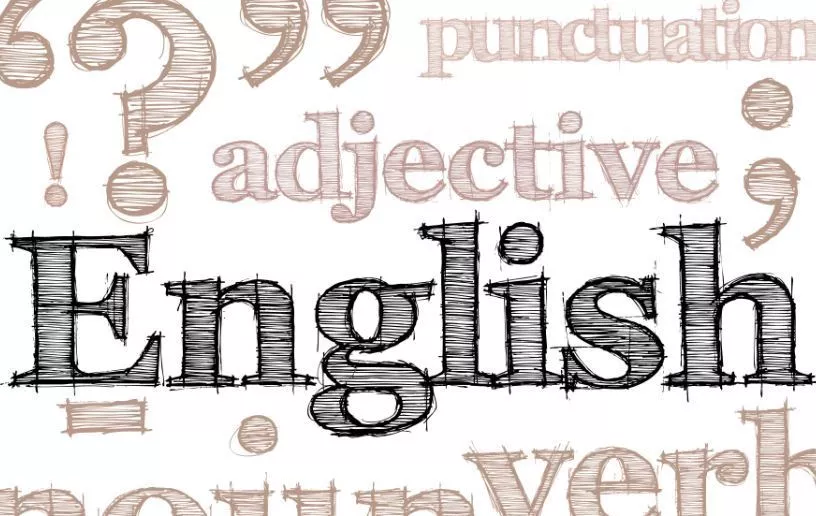English

At The Bramble Academy, we recognise that English is essential to every area of the curriculum and a good understanding of English enables children to make sense of the world and our place in it. We value the importance of speaking and listening, reading for pleasure and understanding, and writing with fluency and purpose.
Our English curriculum intent is to promote high standards of language and literacy by giving children the opportunity to learn, practice and consolidate the required skills as set out in the National Curriculum and to develop their love of literature through our Reading into writing approach.
At The Bramble Academy we aim to ensure that all children:
- develop the habit of reading widely and often, for both pleasure and information
- develop the skills to read easily, fluently and with good understanding (learning to read through our SSP Little Wandle revised letters and sounds)
- acquire a wide vocabulary and an understanding of grammar and knowledge of linguistic conventions for reading, writing and spoken language
- write clearly, accurately and coherently, adapting their language and style in and for a range of contexts, purposes and audiences
- develop their speaking and listening skills to enable them to discuss, debate and present their ideas in different contexts.
Spoken Language
Spoken language underpins the development of reading and writing and therefore is central to a child’s development across the whole curriculum. At Bramble we are committed to all children being confident and articulate communicators through the use of spoken language. We role model the use of Standard English, whilst recognising the value of dialect and colloquialism. Children are given opportunities to rehearse their ideas orally in order to develop clarity and confidence as speakers and develop active listening skills, learning to make appropriate responses to others by varying their use of language, tone and register. We develop speaking and listening skills throughout the curriculum e.g. through different drama techniques; collaborative activities; vocabulary teaching and language development; grammar sessions and shared reading activities.
Reading into Writing
At The Bramble Academy we use a Reading into Writing approach which covers the statutory requirements as set out in the National Curriculum and EYFS Framework. Children begin their writing journey in EYFS developing early skills in mark making, phonics, reading, handwriting, spelling, punctuation, grammar and composition and an understanding of audience and purpose. These foundations are built upon as the children progress through KS1 and KS2.
Each half term a high quality, carefully chosen text is the driver for our English teaching. Our children have opportunities to write for a variety of purposes and audiences and as much possible we aim to provide real-world reasons for writing. We give children opportunities to plan, draft, edit and publish their writing and cover a range of fiction, non-fiction and poetry. We provide daily opportunities for children to develop their understanding of grammar, punctuation, spelling, vocabulary, transcription and composition, all rooted in the high quality text.
Introducing a new text
At the start of each unit, children are immersed and hooked into a new model text. This is pitched just above the pupils’ independent level and has the underlying, transferable grammatical structures and language patterns they will need when they are writing independently. Teachers select texts that have a clear purpose and audience and allow for opportunities to make links and connections with other areas of the curriculum. Activities such as drama, debates, discussion and role play are regularly used to develop understanding of the text and create an opportunity for the learners to hear and use language in a meaningful context.
Reading as a reader and reading as a writer
We seek at every opportunity to develop children’s love of reading. Through our English lessons we encourage children to read both as a reader and as a writer so that they begin to see themselves as authors. Children have opportunities for book talk and exploring both the text and illustrations. We explore characters, settings and plot and how authors have created atmosphere. We then begin to unpick and analyse things the author has done and the effect they have so that children can use these techniques in their own writing this may be through exploring the effect of vocabulary, specific sentence structures or the structure of the text.
Developing writing skills
Once the children have ‘warmed up’ to the tune of the text the teacher plans a sequence of learning activities that will help children to think about the key ingredients that help to make the model text effective. The class will co-construct a ‘toolkit’ for the specific text type so that they fully understand the key ingredients for success in their own writing. The children are given opportunities to learn, practice, apply and review the skills identified in the toolkit. Teachers explicitly teach vocabulary and provide a meaningful purpose for writing.
The children are then ready to start ‘playing’ with the text and language structures to create their own writing. Most importantly at this stage, the children engage in shared and guided writing, helping them to develop confidence and write their own by “doing one together” before having a go independently.
The children then move onto the independent stage where they use the skills acquired through the teaching sequence to create their own published piece of work. This will be drafted and the children are encouraged to edit and polish their work in light of feedback given and class discussions. The children will publish their work in a range of different ways which may include ICT and illustrations.


